The Pupil Premium Grant is an allocation of money that is given to schools to specifically assist children from low income families or other challenging backgrounds. Schools receive the Pupil Premium funding to help students who are currently eligible for free school meals (FSM), those who have been eligible within the last six years for FSM, looked after children (LAC), post-looked after children and children who have parents serving in the Armed Forces (SC).
The aim of the Pupil Premium funding is to reduce the gap in attainment between Pupil Premium students and non-Pupil Premium students. Schools have the autonomy to spend the funds as they see fit, whilst being fully accountable to both governors and the Government. Schools are required to publish information on their websites on how the Pupil Premium funding is spent and the impact of the funding.
Pupil Premium Strategy
TCS Pupil premium strategy 2024-2027 (2025)
Further reading
https://educationendowmentfoundation.org.uk/evidence-summaries/pupil-premium-guide/
https://educationendowmentfoundation.org.uk/evidence-summaries/teaching-learning-toolkit/


 Testbourne Community School
Testbourne Community School